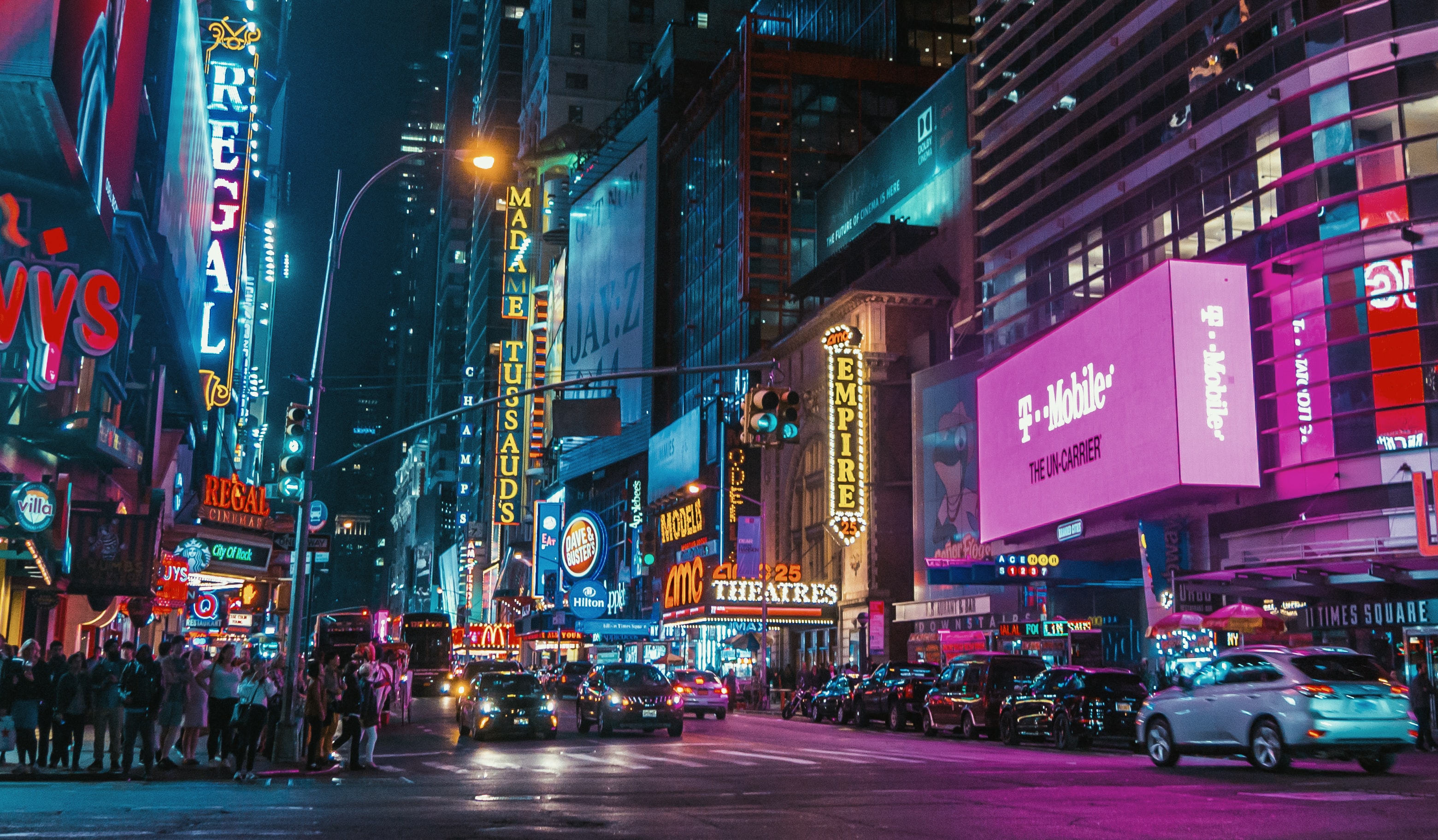It should get pretty dark in German city centres as of today. This is because the Ordinance on Short-Term Energy Saving Measures (EnSikuMaV), which was passed by the Federal Ministry of Economics and Technology at short notice last week, will apply from 1 September 2022. Advertisers, shop owners and retailers will be obliged to switch off their coloured lights as far as possible in the next six months. The aim is to reduce electricity consumption as much as possible over the winter due to the Ukraine war. The trade and services sector accounts for 27% of total German consumption here, 13% of which is for lighting alone. The Federal Ministry of Economics speaks of a "joint task of politics, companies and consumers". Every kilowatt hour saved helps to reduce dependence on Russian gas supplies.
What do advertisers and companies have to bear in mind?
- Illuminated advertising installations must be switched off from 10 p.m. to 4 p.m. the following day.Advertising displays (especially signs, lettering, painting or illuminated advertising) may therefore only be switched on for six hours in the late afternoon and evening hours. Shop windows are not covered by the regulation. Important: The lighting ban applies regardless of the opening hours of a shop or business.An exception only applies to advertising installations that serve public safety or the prevention of other dangers, insofar as they cannot be replaced by other measures in the short term. This could be, for example, advertising displays that illuminate an otherwise dark alley, a bus stop or a railway subway.The federal government expects this measure to have an electricity savings potential of 860 million euros annually.
- Buildings or historical monuments may no longer be illuminated from the outside.Here, too, an exception applies, provided that lighting serves traffic safety. Safety and emergency lighting is therefore permitted, as is short-term lighting at cultural events and public festivals.
- Entrances to retail shops may not be kept permanently open if heat can escape uncontrollably.
However, if keeping doors open is necessary to secure an escape route, the regulation does not apply. According to the Federal Ministry of Economics, this can apply to large shopping centres with a lot of public traffic.
What are the penalties for violations?
The regulation is valid until 28.02.2023. Violations of it are punishable by fines of up to 100,000 €, in persistent cases even by up to two years imprisonment.
Collaboration: Jan-Lukas Große-Meininghaus



